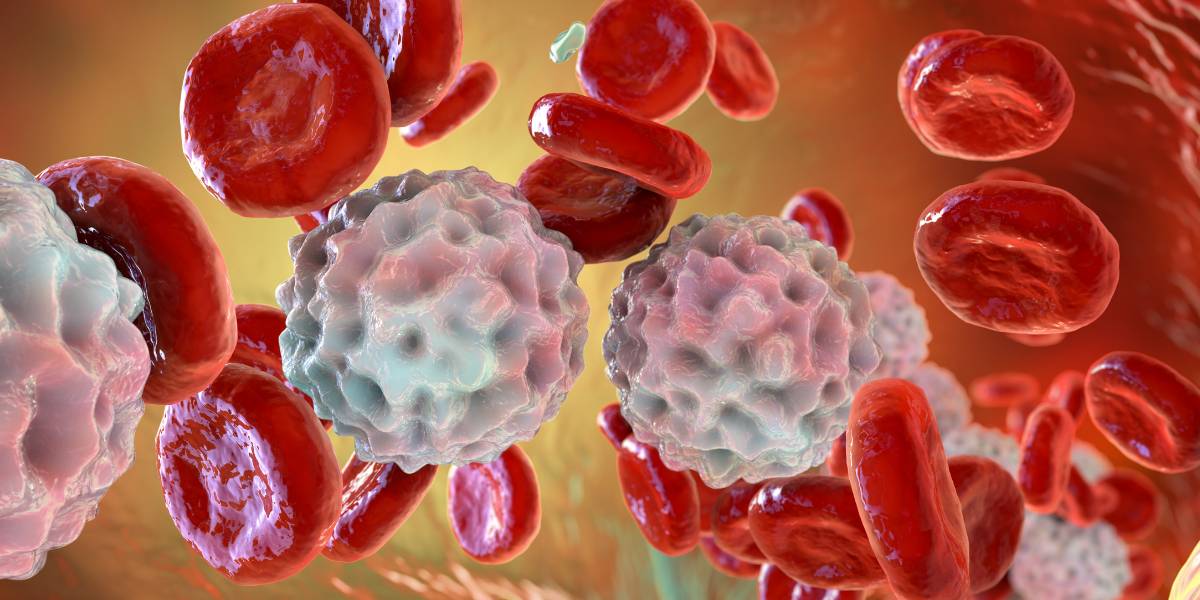Insulin resistance, the body’s inability to use insulin properly, is linked to faster cognitive decline, a study has found.
Insulin resistance is well known to increase the risk of developing type 2 diabetes and it is now thought that it might also lead to diseases such as dementia.
The research, carried out by a team at Tel Aviv University in Israel, has found evidence that insulin resistance speeds up the decline of mental performance.
Co-lead author Professor David Tanne said: “These are exciting findings because they may help to identify a group of individuals at increased risk of cognitive decline and dementia in older age.
“We know that insulin resistance can be prevented and treated by lifestyle changes and certain insulin-sensitising drugs. Exercising, maintaining a balanced and healthy diet, and watching your weight will help you prevent insulin resistance and, as a result, protect your brain as you get older.”
As part of the trial, the researchers followed nearly 500 people across two decades, all of whom had cardiovascular disease.
Using a measuring model called the homeostasis model assessment (HOMA), they calculated the participants’ insulin resistance levels as well as their memory, attention span and other mind functions.
They were then seen again 15 years later where the same tests were carried out and then five years after that as well.
Those in the top quarter of the HOMA index were at an increased risk of cognitive decline, even after adjustment for factors that could affect the results, such as age and gender.
“This study lends support for more research to test the cognitive benefits of interventions such as exercise, diet, and medications that improve insulin resistance in order to prevent dementia,” concluded Tanne.
Diet is the best way that people can tackle insulin resistance. In 2015, we launched the Low Carb Program which has helped many people to fight back against insulin resistance.
The findings have been published in the Journal of Alzheimer’s Disease.
What's new on the forum? ⭐️
Get our free newsletters
Stay up to date with the latest news, research and breakthroughs.










